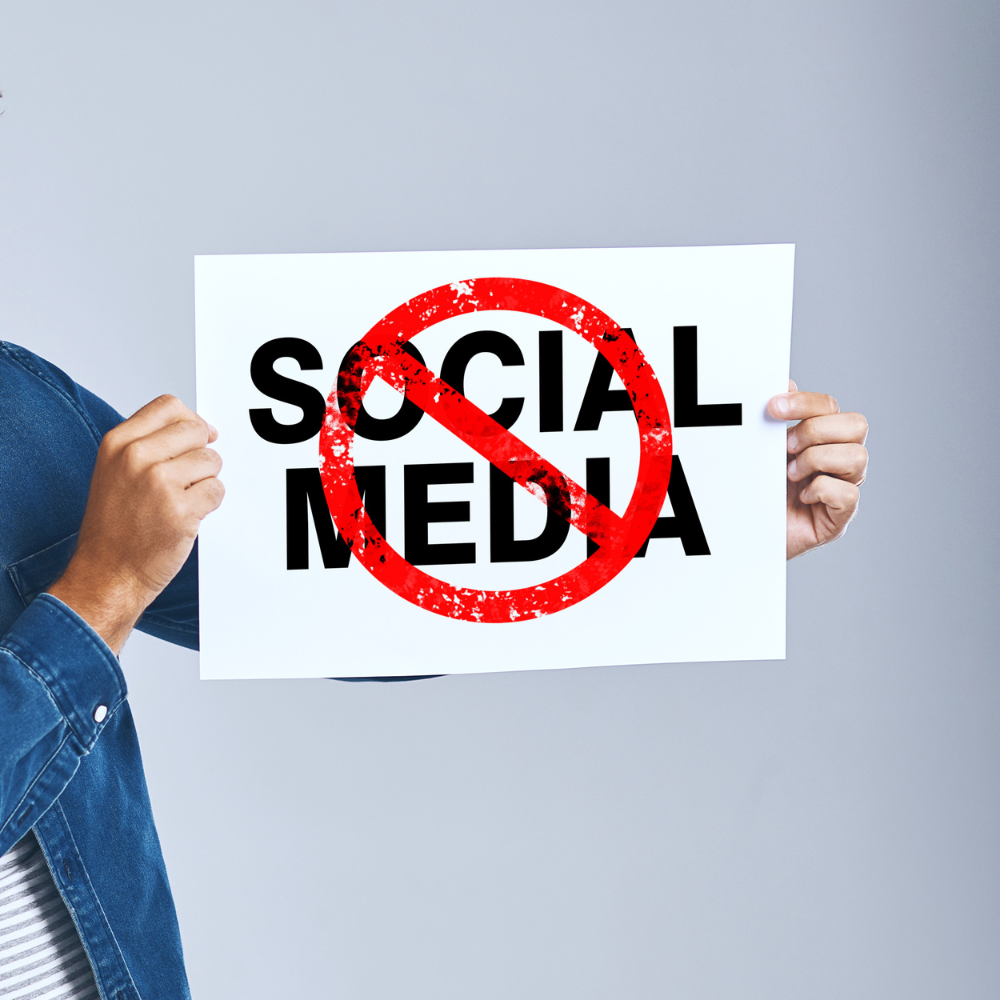Australia introduces ‘landmark’ bill to restrict social media for minors
On Thursday, Australia’s center-left government introduced a significant bill aimed at prohibiting children under the age of 16 from using social media platforms. This legislation proposes hefty fines reaching up to A$49.5 million (approximately $32 million) for social media companies that fail to comply with the new regulations. The government plans to implement an age-verification system, which could involve biometrics or government-issued identification, marking a pioneering move in the realm of social media regulation worldwide.
Australia’s proposed age limit for social media use is the strictest globally, as it does not allow for parental consent or accommodate existing accounts of users. Prime Minister Anthony Albanese described this initiative as a “landmark reform,” acknowledging that while some children may find ways around these regulations, the intent is to send a clear message to social media companies to improve their practices.
The bill has garnered the support of the opposition Liberal party, although independent lawmakers and the Green party have requested further clarification on the law’s provisions. The legislation would directly affect major social media platforms, including Meta Platforms’ Instagram and Facebook, Bytedance’s TikTok, and Elon Musk’s X and Snapchat.
Despite the restrictions, Albanese emphasized that children would still have access to messaging services, online gaming, and educational and health-related resources, such as youth mental health support from platforms like Headspace and educational tools like Google Classroom and YouTube.
The Albanese-led Labor government has expressed concerns regarding the detrimental effects of excessive social media usage on the physical and mental health of children. Specific attention has been drawn to the dangers faced by girls due to harmful body image representations and the exposure of boys to misogynistic content.
While many countries have taken steps to regulate children’s social media usage through various legislative measures, Australia’s approach stands out as among the most stringent. For instance, France recently proposed a ban on social media for individuals under 15, albeit with allowances for parental consent, while the United States has mandated parental permission for technology companies when handling data from children under 13 for decades.
Communications Minister Michelle Rowland highlighted the urgency of the situation, reporting that nearly two-thirds of Australian teenagers aged 14 to 17 have encountered extremely harmful content online, including depictions of drug abuse, suicide, or self-harm. The proposed law places the onus of ensuring age verification on social media platforms rather than on parents or children themselves.
In addition to stringent age verification measures, the new law will include robust privacy protections, obliging platforms to eliminate any collected data to protect the personal information of users. Rowland asserted that social media companies hold a “social responsibility” to safeguard their users, emphasizing that the government is committed to holding these platforms accountable for the safety of their young users.
This proposed legislative change in Australia could set a precedent for how other countries regulate social media use among minors, potentially reshaping the digital landscape for future generations.










